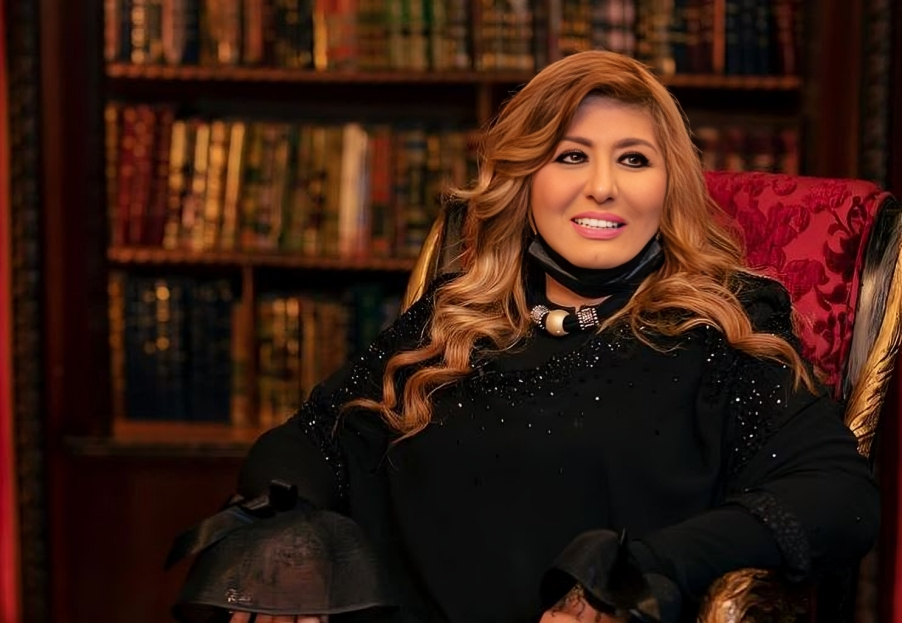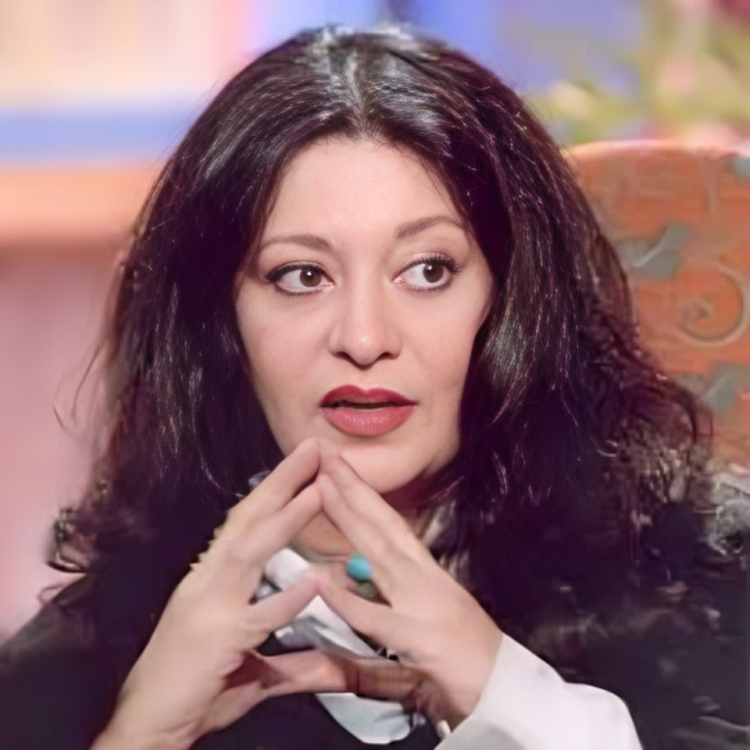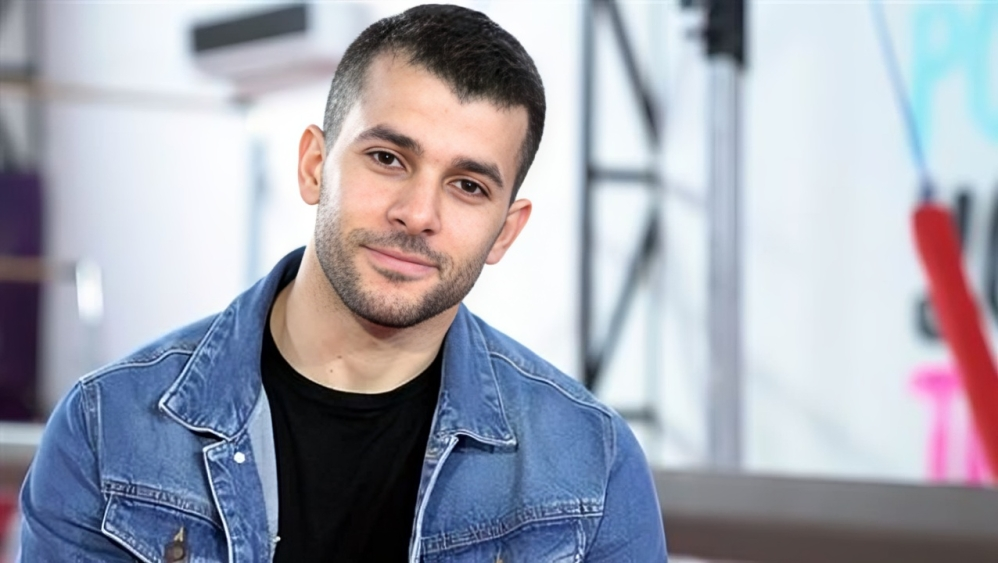The veteran actress Sohair Ramzy confirmed in a phone interview with media personality Nihal Tayel on a satellite channel that she still adheres to strict artistic standards when selecting her projects. She clarified that she does not accept any artistic work offered to her without a thorough study and deep analysis of its content and artistic value. She emphasized that her name and long history in acting require her to take on a greater responsibility towards the audience and to be cautious about choosing roles that will add to her career rather than diminish it.
The veteran actress, who started her artistic journey decades ago and left an indelible mark in the minds of Arab viewers, said that her main criterion for accepting any role is her personal conviction in the character and content. She noted that this requires her to take time for careful thought and review. She does not believe in making quick artistic decisions, instead relying on patience, precision, and searching for quality and value.
During the interview, the actress compared what is currently offered in the artistic field to the works of previous generations that carried deep meanings and high cultural and humanistic values. She pointed out that there is a significant difference between the types of writings presented in the past and those offered today, considering that dramatic works from earlier times were more respectful of the audience's intellect, more reflective of reality and society, and carried noble messages and clear goals.
The actress, with visible sorrow, questioned the disappearance of the great writers who had a strong literary and intellectual impact on Egyptian drama and cinema, recalling the beginnings of her artistic career, which was shaped by the work of literary giants like Ihsan Abdel Quddous and Naguib Mahfouz. She said nostalgically, "Where are these people? Where are the writings they used to write?!"
She added that artistic works in the past were not seen merely as entertainment but also as educational, cultural, and social tools. She emphasized that cinema and drama played a significant role in shaping collective consciousness and offering real solutions to social problems, unlike many current works that she believes lack purpose and content.
Despite the advancements in modern technology in the film and drama production industry, Sohair Ramzy believes that this development has not reflected positively on the level of art itself and might have even led to a decline in quality and content. She stated that other Arab countries have surpassed Egypt in many aspects of artistic production, such as technique, organization, and even ideas, which is painful for her as a woman who belongs to the golden era of Egyptian art, which was always referred to as the "Hollywood of the East."
She affirmed that Egypt has all the potential to be at the forefront of the artistic scene in the Arab world and globally, with its talents, competencies, and production infrastructure, but it lacks only a clear vision and true commitment to artistic and cultural standards. She expressed a desire to see Egyptian drama return to its true stature and for modern tools to be used to serve creativity, not dilute its content.
Regarding her health, the esteemed actress reassured her audience that she is in good health, living a peaceful life with inner tranquility. She mentioned that she follows the dramas broadcast during Ramadan and is keen to watch some series, despite her reservations about many of their contents. She added that she watches these works because of her continued interest in what is being presented to the audience, even if she is not participating herself, considering that a true artist remains connected to the artistic field, even if they are away from the camera.
Ramzy noted that there is a gap between what the audience wants and what is being presented on screens, attributing this to the lack of a comprehensive vision among some content creators and the spread of the "trend" culture, which governs many production decisions without taking into account the creative or educational aspects.
She also expressed her hope to see real collaboration between the new and old generations, noting that young artists have great potential, but they need guidance and experience to present their work in the best possible way. She emphasized that interaction with previous generations enriches the experience and gives the artistic work a historical and human dimension that cannot be replaced.
In the course of the discussion, Ramzy pointed out that many of the social issues addressed in the works of the 1970s and 1980s are still present today, and some have even worsened, raising questions about the effectiveness of current works in addressing these issues and whether they are fulfilling their intended role. She affirmed that major issues such as poverty, education, domestic violence, and ideological extremism require real dramatic treatment, not superficial displays.
She praised some dramatic experiments that attempted to break stereotypes and offer new perspectives but saw that these efforts were still limited and insufficient to bring about the desired transformation in Egyptian drama. She called for the revival of serious writing workshops and the encouragement of true creators who possess vision and message.
She concluded her remarks by emphasizing that she has no regrets about any decision she has made in her artistic life, but she feels sorrow for the current state of art, hoping that Egypt will soon regain its artistic leadership and that theater, cinema, and drama will return to playing their rightful cultural and civilizational roles that befit the history of this country.





